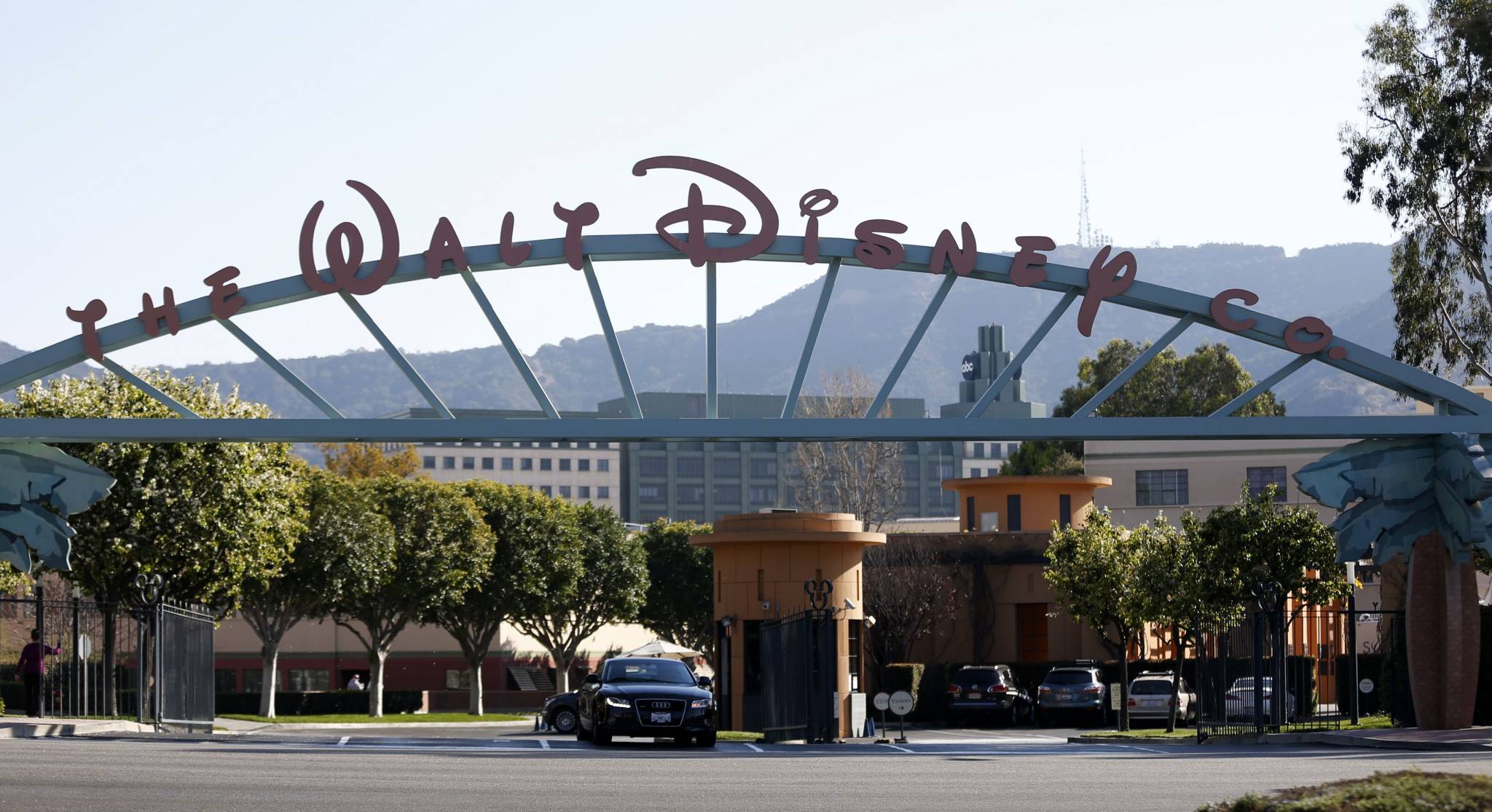Marc Faber, author and publisher of the Gloom, Boom and Doom report joined CNBC to discuss a potential US default. Bob Parker, Senior Advisor at Credit Suisse and Sarah Hewin at Standard Chartered Bank joined the discussion.
Faber specifically says the U.S. will make good on its interest payments, however, in the long-run they will default, for all intents and purpose, in terms of their ability to pay back the debt, ultimately.
As for the decisions and the deadline facing U.S. politicians involved in 'debt ceiling' talks, Faber says "they will somehow find a way to reach an agreement" on the debt ceiling, or fiddle around with it, or the U.S. Constitution, (which gives the President the power to raise the debt in special situations), but "they will not default" on the debt.
Faber also pointed out that his argument is with the bond bulls, whose case is predicated on a deflationary environment. He says a deflationary environment would cause a degradation of tax revenues, and harm the overall ratings of U.S. debt, and he can't understand, how on that basis, anyone would want to buy a 10-year Treasury yielding less than 3%.
From CNBC:
It is mind-boggling that people would consider buying 10-year US Treasurys with yields trading at around 3 percent, said Marc Faber, the author of the closely-watched Gloom, Boom and Doom report in an interview with CNBC on Thursday.
“I don’t think the US will default in terms of not paying the interest on its debt. They will though default via a falling dollar as Bernanke begins printing more money,” Faber said.
His comments follow statements by Ben Bernanke on Wednesday in which the Federal Reserve chairman indicated he would consider more extraordinary measures if US economic conditions get worse.
On Wednesday, Moody’s [MCO 36.50 -0.15 (-0.41%) ] warned it could downgrade America’s credit rating as talks over the debt ceiling became increasingly acrimonious on Capital Hill.
“They will get an agreement or fiddle around with the debt ceiling,” Faber said.
“I disagree with the bond bulls that are basing their case on a deflationary environment. In such an outcome tax revenues would collapse and stocks would fall heavily.”
Faber predicts that 1,370 points was the high for the S&P 500 index in 2011 and told CNBC that if stocks fall another 10 or 20 percent from here, another round of quantitative easing [cnbc explains] is inevitable.
“The risk is not to hold gold. Whilst there is the potential for 10 percent downside in the short term over the next 5 to 10 years the gains will be big. Or put another way, the purchasing power of paper money will fall," Faber said.
“Cash is very risky asset except in times of major market corrections,” he added.













